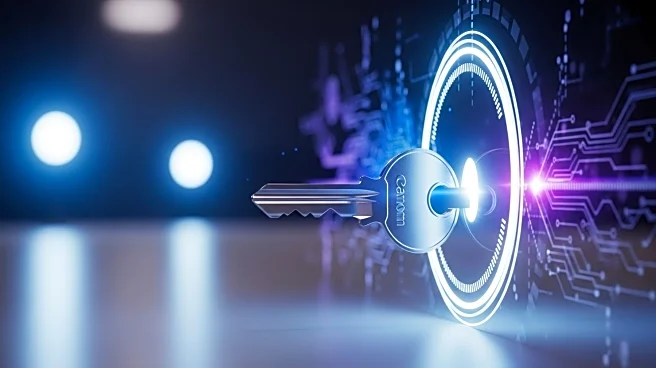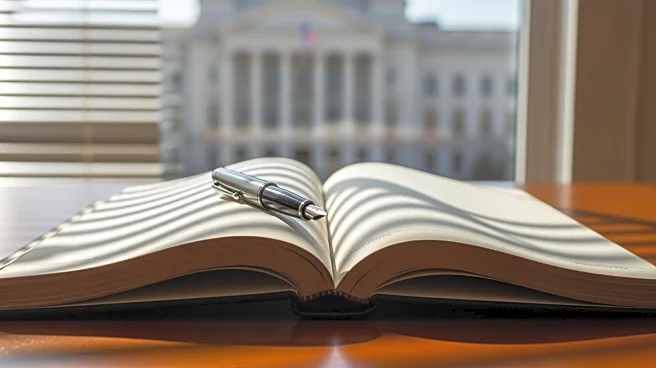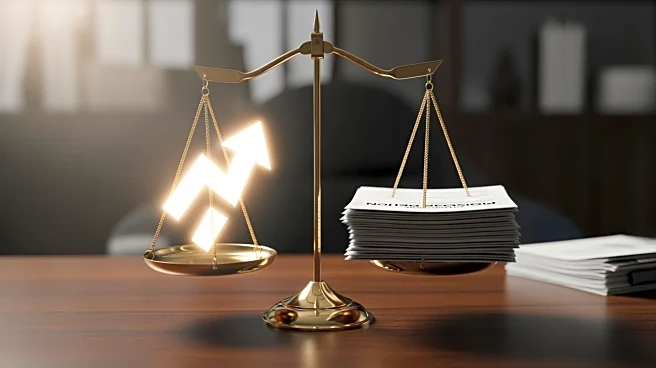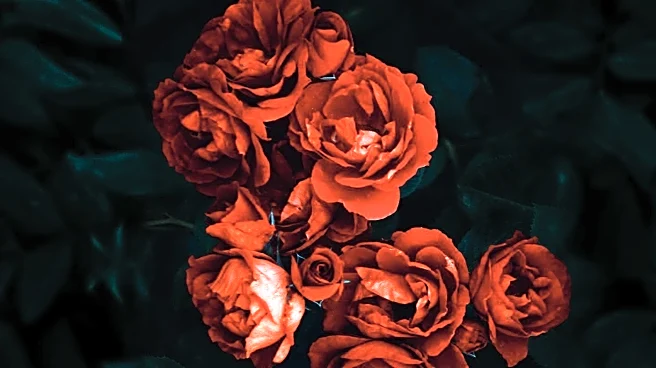What's Happening?
YouTube has announced a new pilot program aimed at providing permanently banned creators an opportunity to return to the platform. This initiative, revealed on October 9, 2025, allows creators whose channels were terminated over a year ago to apply for reinstatement. The program is being rolled out gradually, with applications reviewed individually based on the severity and persistence of past violations. However, not all bans qualify for this program; creators banned for copyright infringement or violating the Creator Responsibility policy are excluded. The program offers a fresh start, enabling creators to rebuild their community, upload old content that complies with Community Guidelines, and apply for the YouTube Partner Program once eligible. YouTube emphasizes that if a creator is banned again, there will be no further chances for reinstatement.
Why It's Important?
This development is significant as it addresses growing criticism from creators regarding permanent bans without a path to redemption. By offering a controlled second chance, YouTube is aligning itself with platforms like Twitch, which have begun reinstating indefinitely banned streamers. This move could potentially restore the livelihoods of creators who rely on YouTube for income, allowing them to monetize their content once more. It also reflects YouTube's acknowledgment of its evolving platform and the need to adapt its policies to accommodate changes over time. The program could lead to increased content diversity and innovation, benefiting both creators and viewers.
What's Next?
As YouTube rolls out this program, it will be crucial to monitor how effectively it manages the reinstatement process and ensures compliance with its guidelines. The platform's approach to reviewing applications and handling potential violations will be key in maintaining community standards. Stakeholders, including creators and advertisers, will likely watch closely to see how this initiative impacts content quality and platform reputation. Additionally, YouTube may face pressure to expand eligibility criteria or refine its policies further, depending on feedback from the creator community.
Beyond the Headlines
This program raises ethical questions about accountability and forgiveness in digital spaces. It challenges the notion of permanent bans and explores the balance between punitive measures and rehabilitation. The initiative could influence broader discussions on digital rights and platform governance, prompting other social media companies to reconsider their ban policies. Long-term, this shift may contribute to a more inclusive and forgiving online environment, where creators are encouraged to learn from past mistakes and contribute positively to the community.









